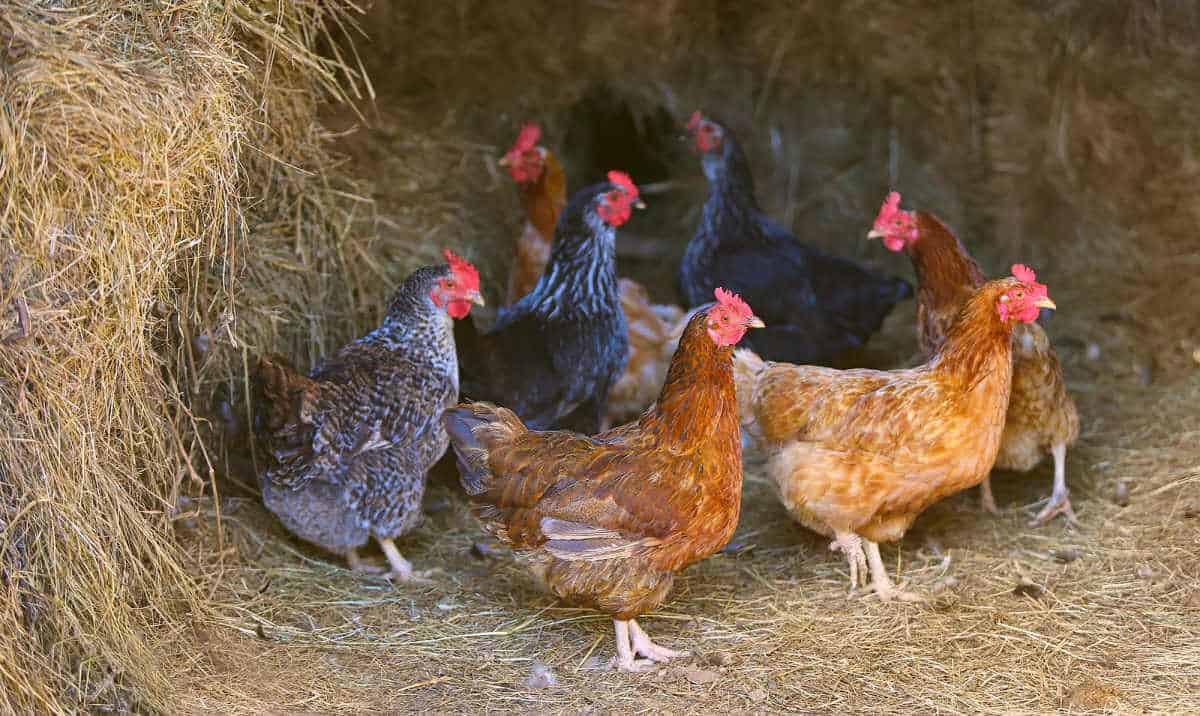Do pullets lay eggs? It is a mystery that has perplexed chicken owners and poultry farmers for centuries. But with advances in technology and the practice of chicken husbandry, the answer to this age-old question can now be revealed. Through this article, we will explore the answer to the question of whether or not pullets lay eggs in the practice of chicken husbandry. We will examine the factors that influence pullet egg production, what to look for when identifying a pullet that is ready to lay, and the best practices for maximizing egg production in a flock.
The Basics of Chicken Husbandry
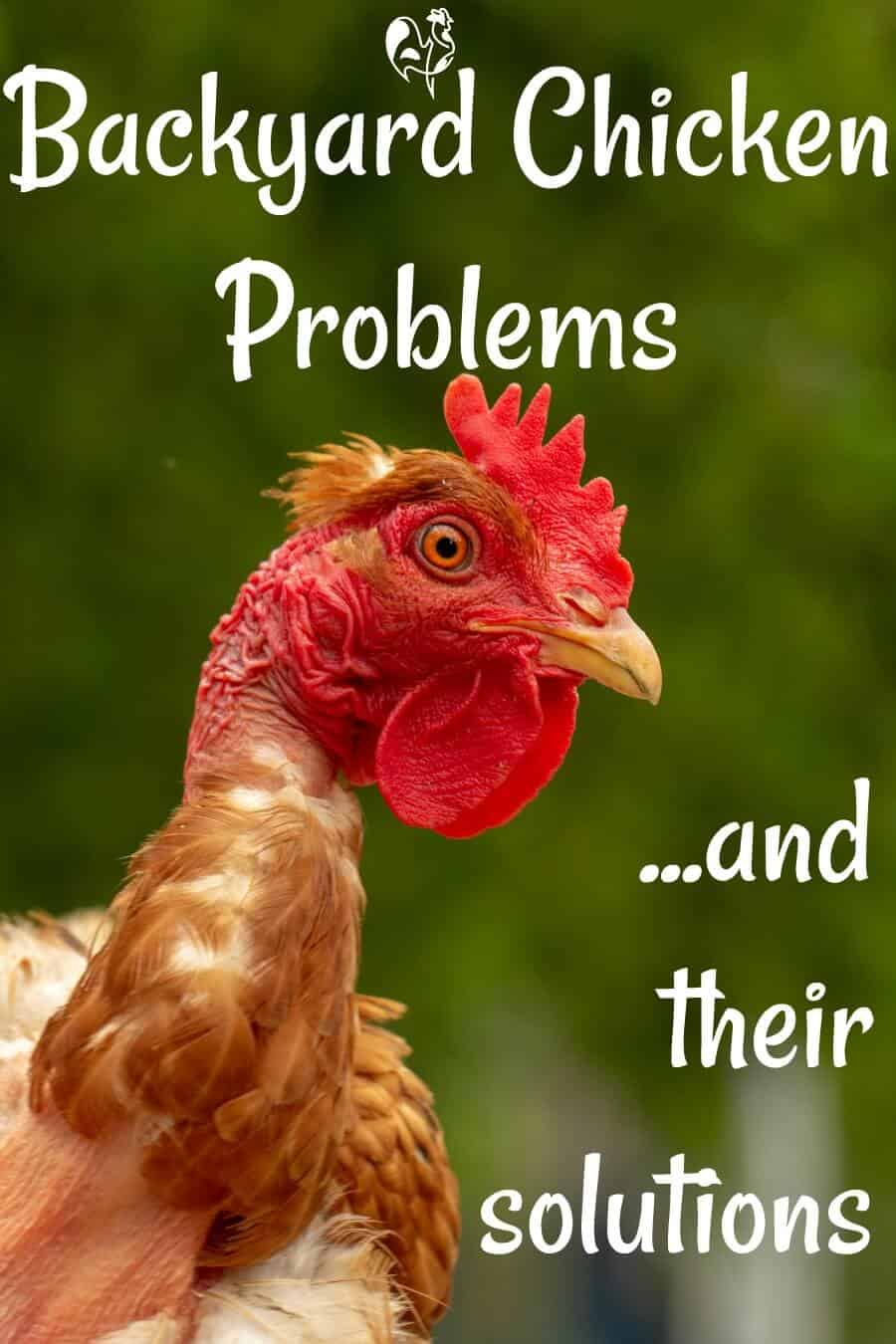
Chicken husbandry is the practice of raising chickens for their eggs, meat, or other purposes. It involves providing chickens with food, water, shelter, and other care so that they can remain healthy and productive.
The first step in any chicken husbandry program is to select the right breed of chickens for your specific needs. Different breeds of chickens have different egg production rates, egg sizes, and other characteristics. Knowing what your goals are will help you choose the right breed for your needs.
Next, you need to provide the chickens with a safe and comfortable environment. This includes a warm, dry, and well-ventilated coop, a secure fence, and an area for the chickens to scratch and forage in.
You also need to provide your chickens with a balanced diet. This includes a selection of grains, legumes, fruits, and vegetables. You should also provide your chickens with a source of calcium, such as oyster shell, to help them produce strong eggshells.
The last step in chicken husbandry is to monitor the chickens for signs of illness or injury. Chickens are vulnerable to a variety of diseases and parasites, so it is important to check them regularly for any signs of distress.
How long before chickens lay eggs? It depends on the breed and age of the chickens, but most chickens will begin laying eggs within 6-8 months.
By following these basic steps of chicken husbandry, you can ensure that your chickens remain healthy and productive for many years.
What is a Pullet?
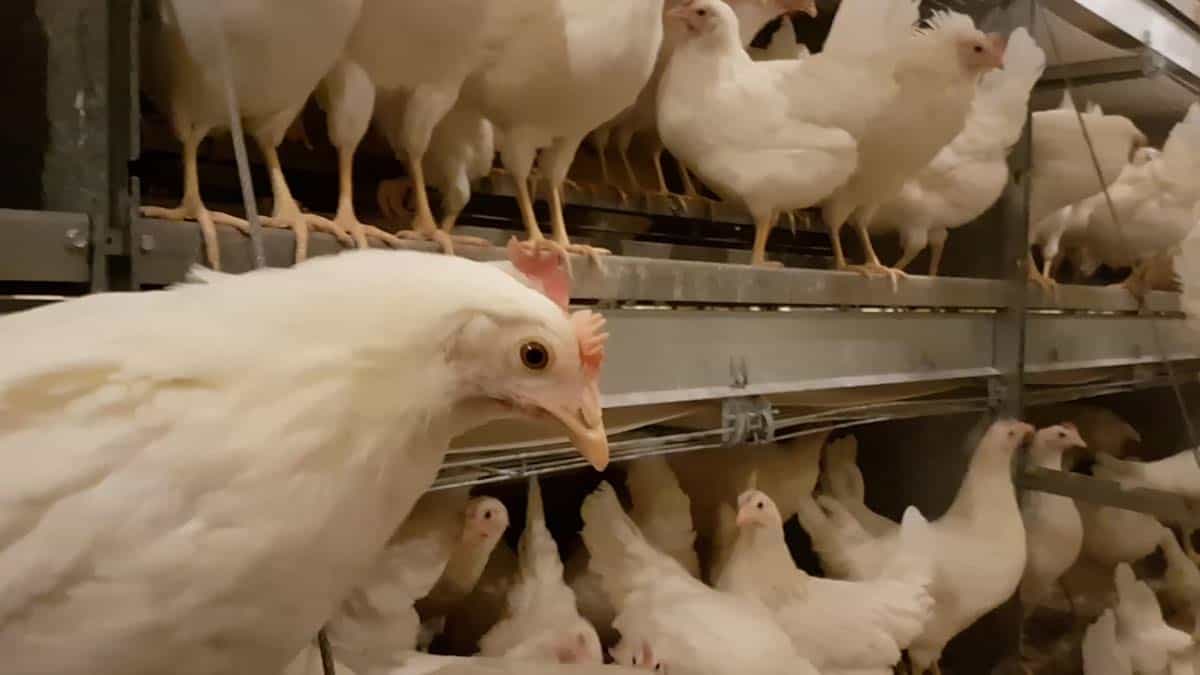
A pullet is an immature female chicken, usually between the ages of 4 and 18 weeks, that has not yet reached sexual maturity.
Pullets are a key part of chicken husbandry as they are the source of eggs for egg production. Pullets need to be carefully monitored and managed to ensure they reach the point of sexual maturity and begin laying eggs.
Pullets should be provided with an adequate and balanced diet, a clean and comfortable environment, and appropriate housing and management practices. There is no set time frame for when pullets will start to lay eggs; it depends on the breed and other factors such as nutrition, environment, and health. Generally, a pullet will take between 16 and 24 weeks to reach the point of being able to lay eggs.
How long until chickens lay eggs?
The amount of time it takes for a pullet to start laying eggs depends on a number of factors. Generally, a pullet will take between 16 and 24 weeks to reach the point of being able to lay eggs. Factors such as age, breed, nutrition, environment, and health all affect how long it takes for a pullet to reach sexual maturity and begin laying eggs.
Do Pullets Lay Eggs?
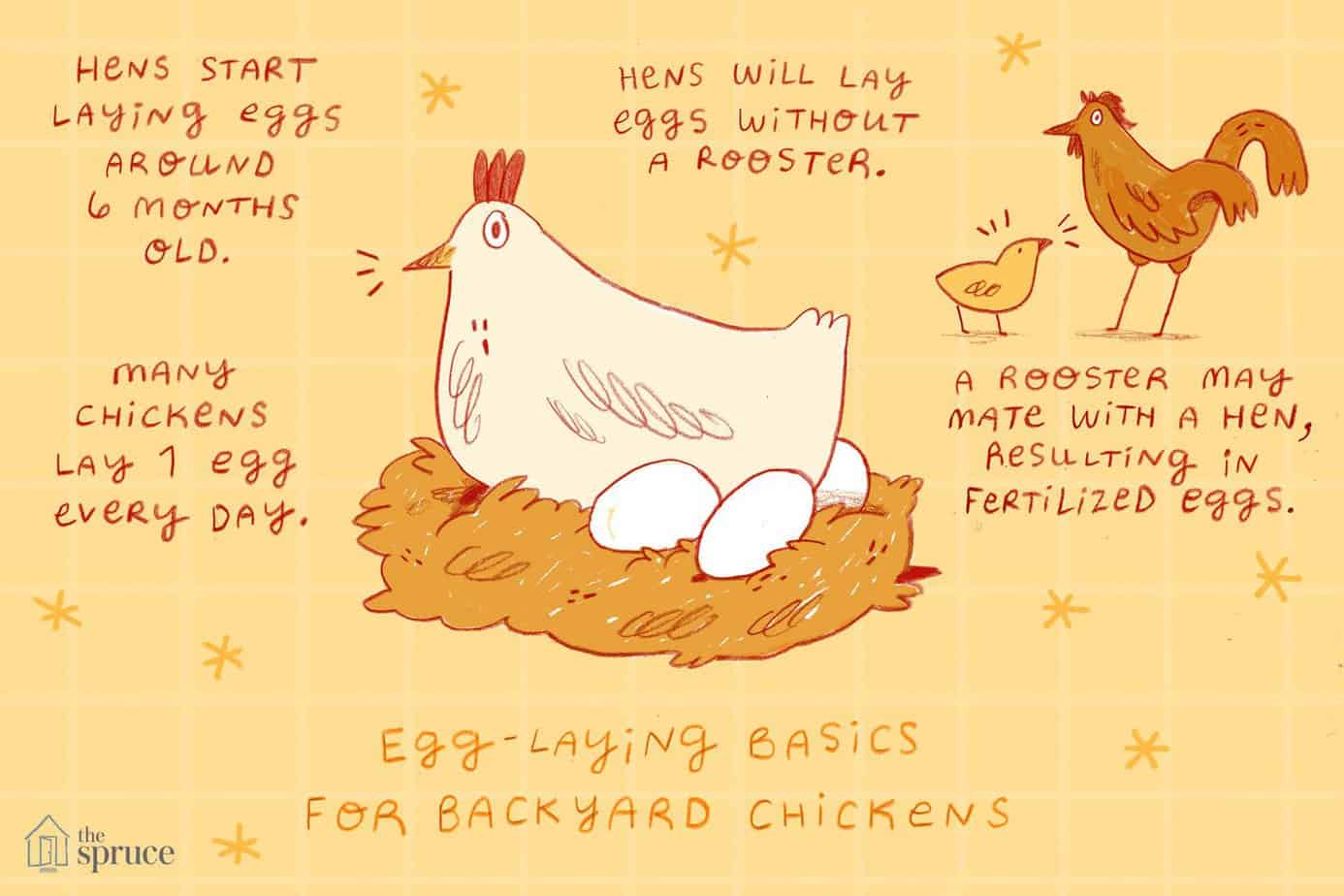
Pullets, which are young female chickens, are an essential part of chicken husbandry. They are capable of laying eggs but the age at which they start to lay is variable.
When do chickens lay eggs?
Pullets typically start laying eggs anywhere between 16-20 weeks of age, depending on the breed and other environmental factors. In general, you should expect pullets to start laying eggs by the time they reach 5 months of age.
How many eggs do pullets lay?
Pullets will generally lay one egg a day when they reach maturity. However, like all chickens, the amount of eggs they lay and the frequency of egg-laying can vary depending on the breed and other environmental factors.
Do pullets lay eggs year-round?
No, pullets, like all chickens, are seasonal layers and typically lay more eggs during the spring and summer months when there is more natural light.
Are there any health benefits associated with eggs from pullets?
Yes, eggs from pullets tend to be higher in quality and have more nutrients than eggs from older chickens. Studies have shown that eggs from pullets are higher in protein, calcium, and vitamins A and E than eggs from older birds.
How Long Before Chickens Lay Eggs?
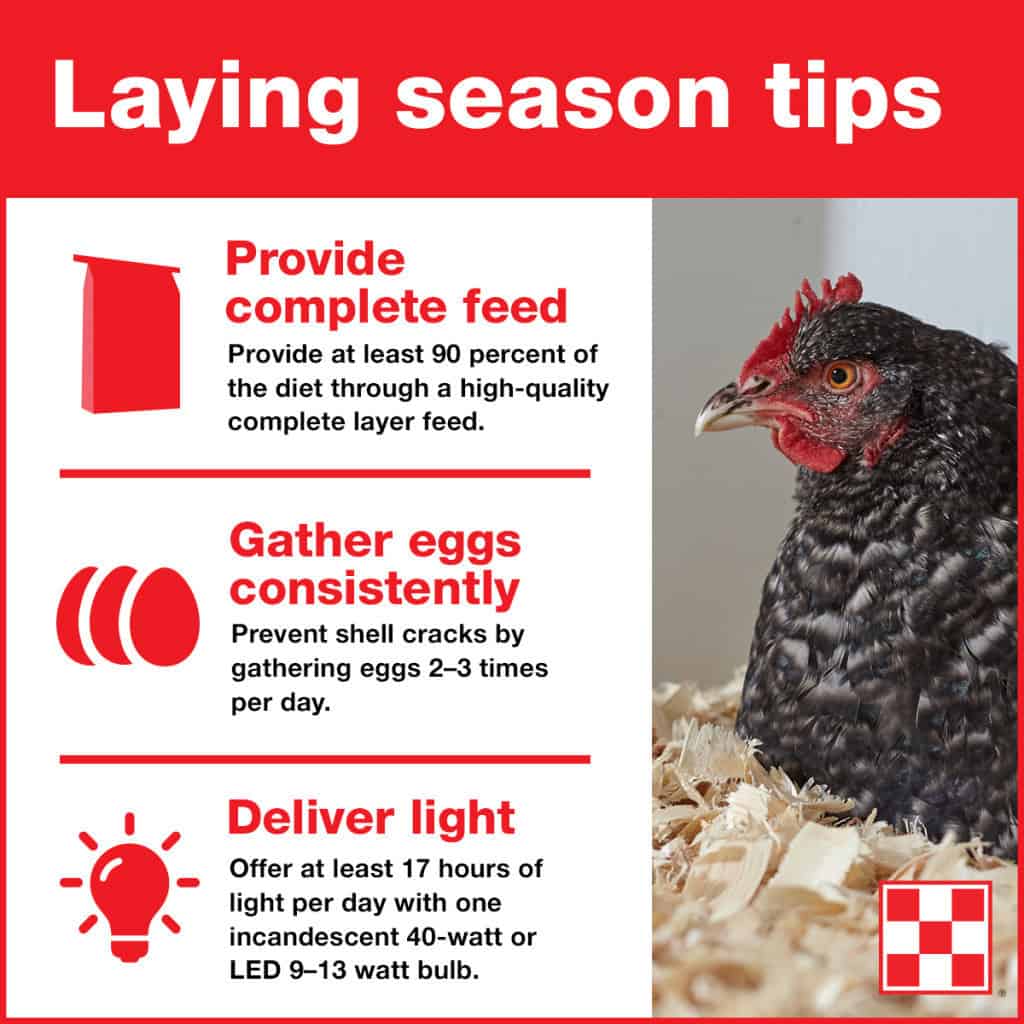
How Old Do Chickens Have to Be to Lay Eggs?
- Most poultry breeds take between 18 to 20 weeks to reach maturity and start laying eggs.
- Most hens lay their first egg at around 18-20 weeks, but this can vary depending on the breed.
- Younger hens (known as pullets) usually lay eggs with softer shells and less yolk than older hens.
- Hens will lay fewer eggs in the winter than in the summer, as the days get shorter.
- Hens lay eggs every day if they have enough light and are healthy, but they may take breaks of a few days in between.
- Hens will usually lay eggs for about two years, but some breeds may lay eggs for longer.
The age of a chicken is an important factor in determining when they will start laying eggs. Most poultry breeds take between 18 to 20 weeks to reach maturity and start laying eggs. However, some breeds may take slightly longer or shorter, so it is important to be aware of the breed when estimating when they will start laying eggs.
Younger hens (known as pullets) usually lay eggs with softer shells and less yolk than older hens. The eggs will become larger and the yolk will become more abundant as the hen matures.
Hens will lay fewer eggs in the winter than in the summer, as the days get shorter. However, they will still lay eggs if they have enough light and are healthy. Hens will usually lay eggs every day, but they may take breaks of a few days in between.
Hens will usually lay eggs for about two years, but some breeds may lay eggs for longer. It is important to keep the hens healthy and well-fed in order to ensure they will lay eggs for as long as possible.
Overall, the age of a chicken is an important factor in determining when they will start laying eggs. Most hens lay their first egg at around 18-20 weeks, but this can vary depending on the breed and environmental factors.
How Long Until Chickens Lay Eggs?
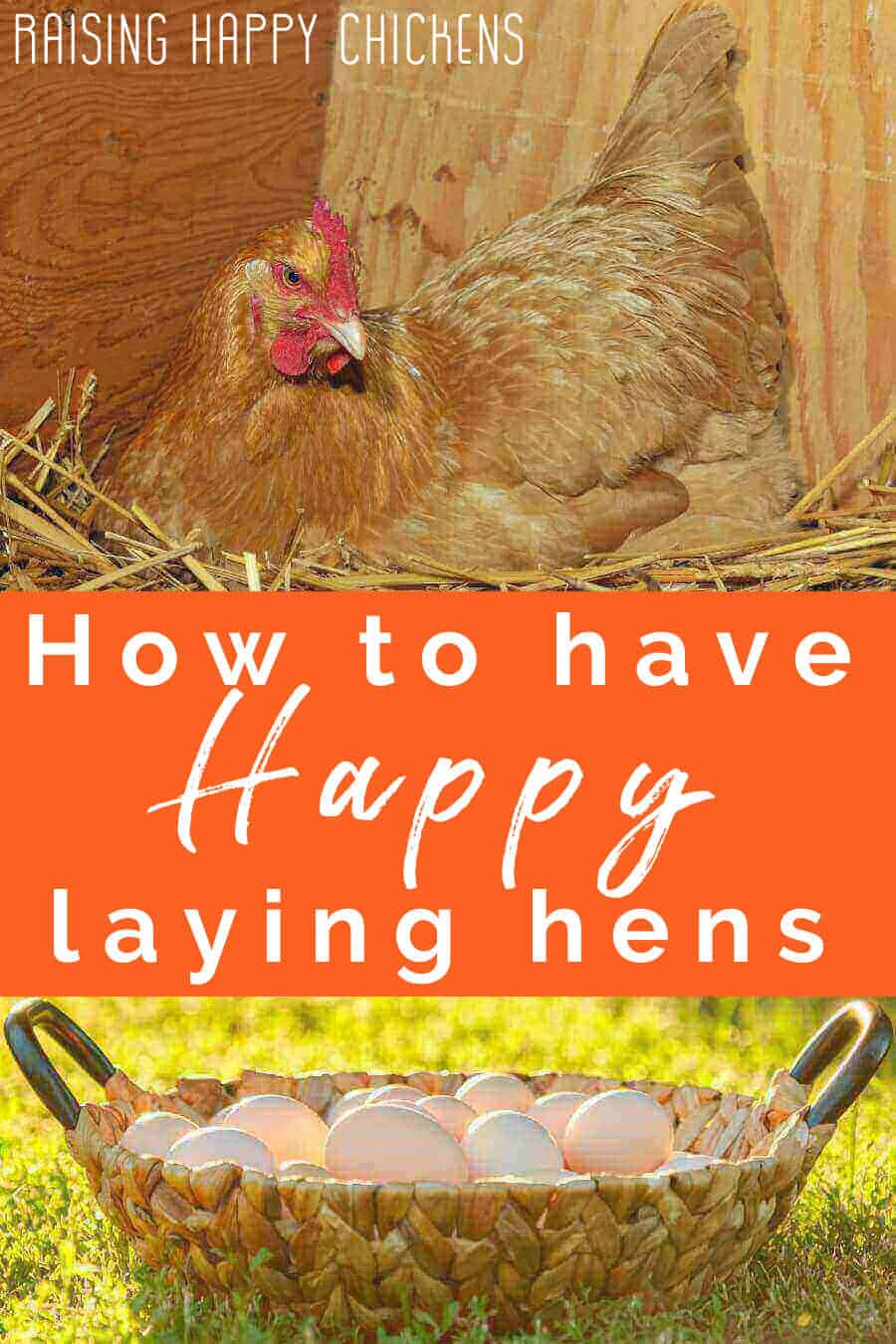
The answer to this question is highly dependent on the age of the chicken, or pullet. Generally, pullets will reach egg-laying maturity at around six months old, although this varies depending on the breed of chicken. Once a pullet has reached the age of laying, she will usually start to lay eggs within a few weeks.
For breeds that lay brown eggs, egg production usually begins around 18-20 weeks of age, while breeds that lay white eggs usually begin laying at 16-18 weeks of age. It is important to note, however, that the age at which a pullet begins laying eggs may be affected by environmental factors such as the amount of daylight, temperature, and the quality of their diet.
In the practice of chicken husbandry, it is important to identify how old a pullet is before expecting her to start laying eggs. For example, if a pullet is less than six months old, it is highly unlikely that she will begin laying eggs, no matter how good her diet or living conditions may be. The best way to determine how old a pullet is, is to check for physical indicators such as size, weight, and behavior.
Overall, the answer to how old are chickens when they start laying is highly dependent on the breed and other environmental factors. Generally, pullets will reach egg-laying maturity at around six months old, although this may vary depending on the breed. Once a pullet has reached the age of laying, she will usually start to lay eggs within a few weeks.
When Do Chickens Lay Eggs?
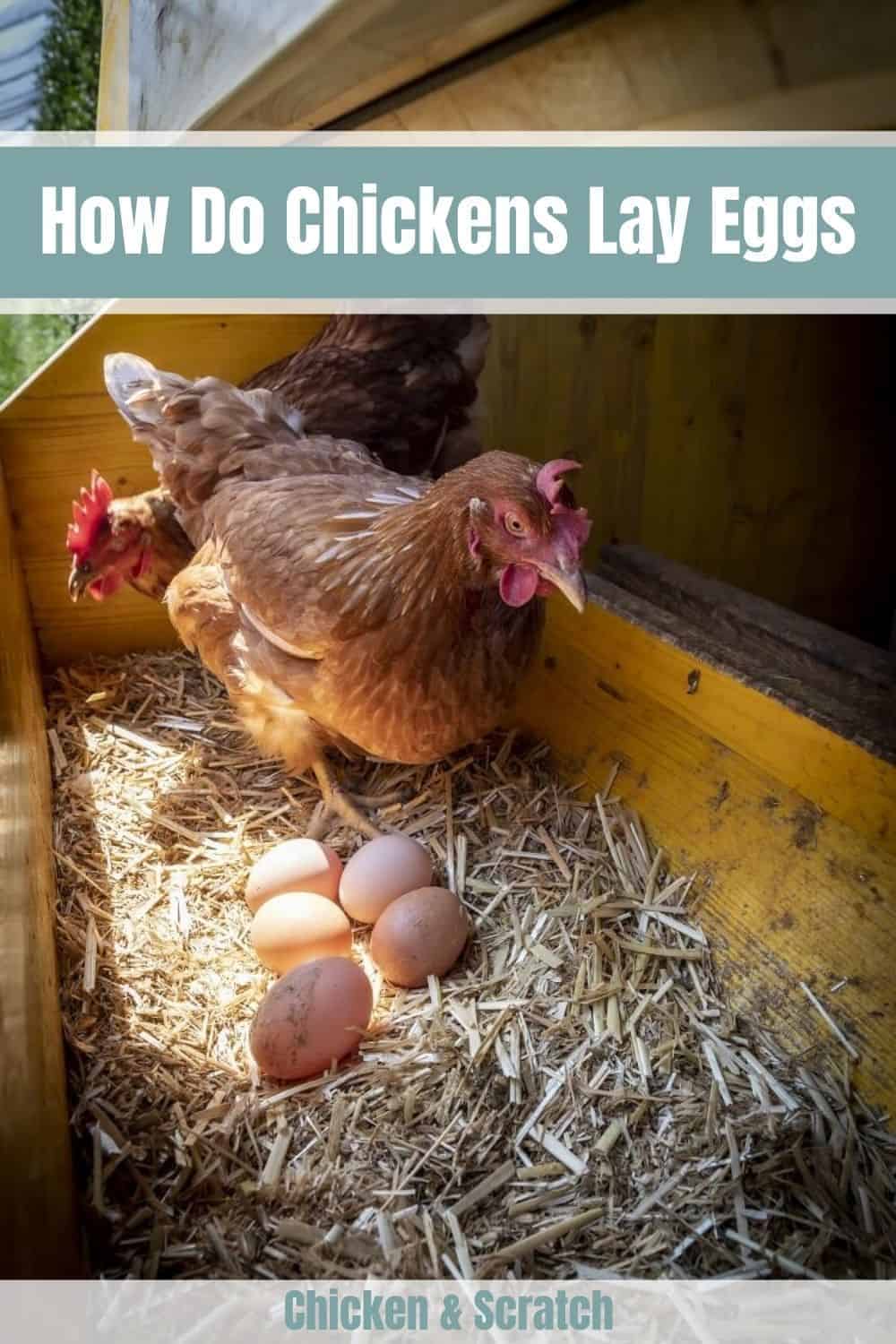
Pullets are young female chickens that are usually between 16 and 24 weeks old. They are the most productive egg-layers, usually producing one egg every day or two. Pullets are a great choice for backyard chicken keepers who want to maximize egg production.
Egg Laying Cycle
- Chickens typically begin laying eggs at 16 weeks of age.
- Eggs are typically laid in the morning, but this can vary depending on the breed.
- The egg-laying cycle of a chicken can last anywhere from 18 to 24 months.
- Pullets typically produce eggs every day or two, while older chickens may lay eggs every other day or even less frequently.
- A chicken’s egg-laying cycle will slow down or stop completely during the winter months.
- The number of eggs a chicken lays per day can also vary, depending on the breed and the age of the chicken.
Nutrition
A chicken’s diet plays an important role in their egg production. A well-balanced diet that includes a variety of proteins, carbohydrates, vitamins, and minerals will help ensure that your chickens are healthy and productive egg-layers. It is important to provide your chickens with plenty of fresh water and access to a balanced diet of feed, treats, and greens.
Environment
The environment in which your chickens live can also affect their egg production. Chickens need a warm, dry, and well-ventilated environment to stay healthy and produce eggs. Additionally, chickens need access to natural light to help keep their internal clock in sync and encourage egg production.
Conclusion
The practice of chicken husbandry can be a rewarding and enjoyable experience. Understanding when pullets lay eggs and the factors that can affect egg production is essential to successful chicken keeping. With proper care and nutrition, you can ensure your chickens are healthy and productive egg-layers.
How Old Do Chickens Have to be to Lay Eggs?
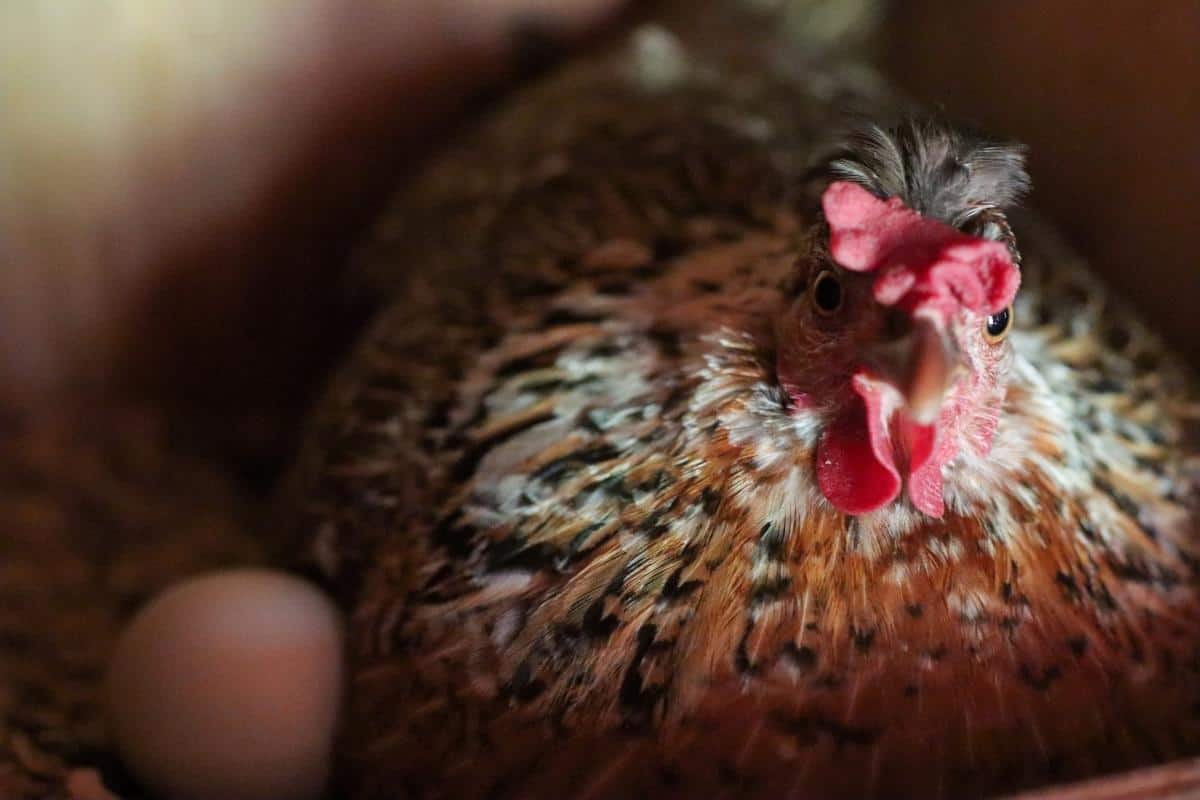
Most chickens will start laying eggs at around 6 months of age, but the exact age depends on the breed. Generally, laying begins earlier for breeds like the Leghorn, and later for breeds such as the Orpington. The age at which a chicken will lay its first egg is referred to as the point of “point of lay” (POL). A pullet is a young female chicken that is between 16-20 weeks old and has yet to reach the point of lay.
Once a chicken reaches the point of lay, it will lay an egg approximately every 25 hours. An egg-laying chicken will produce around 300 eggs per year and will remain productive for 2-3 years.
The process of chicken husbandry requires that pullets are kept separate from the laying hens until they reach the point of lay. This ensures that the laying hens do not become stressed due to the presence of a young, inexperienced chicken. Once the pullet has reached the point of lay and begins laying eggs, it can then be incorporated into the flock of laying hens.
In summary, the answer to the question “How old do chickens have to be to lay eggs?” is that most chickens will begin laying eggs around 6 months of age, however this can differ depending on the breed. Pullets, which are young female chickens between 16-20 weeks old, are kept separate from the laying hens until they reach the point of lay and can lay their first egg. Once the pullet reaches the point of lay, it can be included in the flock of laying hens and will produce around 300 eggs per year.
How Old Are Chickens When They Start Laying?
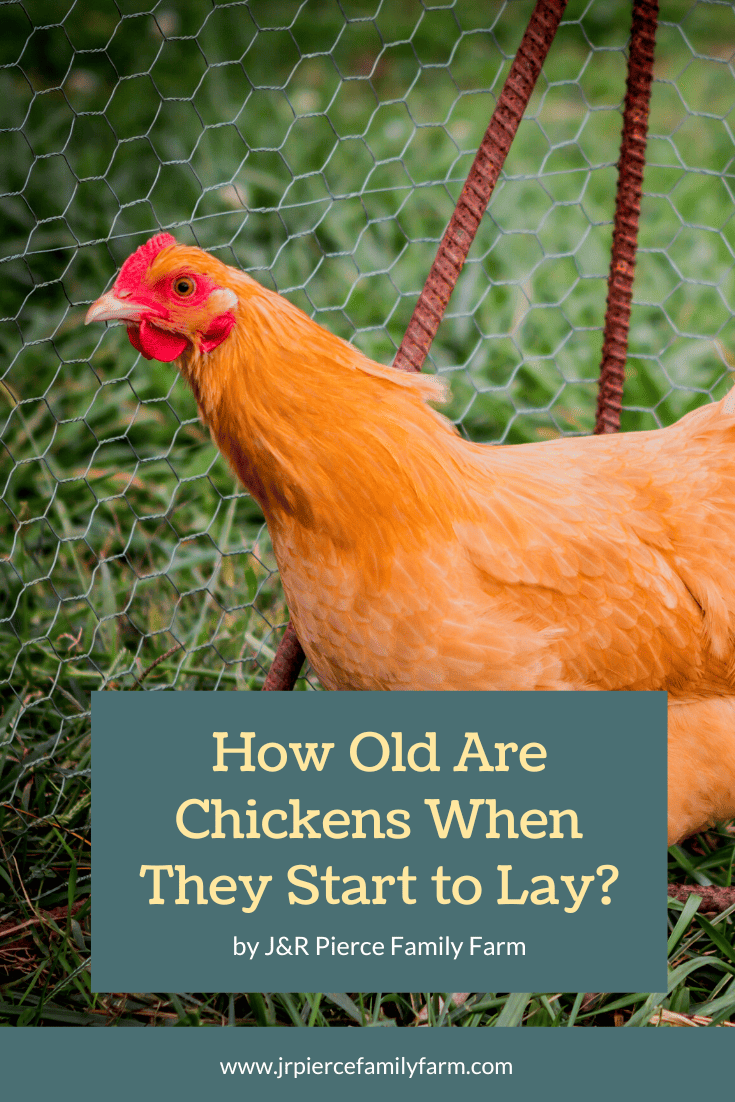
In the practice of chicken husbandry, the age at which a chicken begins laying eggs is an important factor to consider. Generally, chickens reach sexual maturity between the ages of 4 and 6 months, with most breeds beginning to lay eggs at around 18 weeks of age. However, there are some breeds that take slightly longer, up to 22 weeks of age, before they are ready to lay eggs.
The amount of time it takes for a chicken to reach sexual maturity and begin laying eggs depends on several factors, including the breed, the health and nutrition of the bird and the environmental conditions it is kept in. Generally, healthy pullets that are kept in a suitable environment will begin to lay eggs around 18 weeks of age.
Once a pullet begins laying eggs, she will typically lay one to two eggs per week. Depending on the breed, she will continue to lay eggs for a period of 2 to 3 years, after which her production will begin to decline.
In the practice of chicken husbandry, it is important to understand the age at which a chicken will begin laying eggs so that you can ensure that your birds are in optimal health and that they are receiving the correct nutrition in order to produce quality eggs. Knowing the age of your birds when they begin to lay eggs can also help you plan your flock’s egg production cycle more effectively.
When Do Chickens Lay Their Eggs?
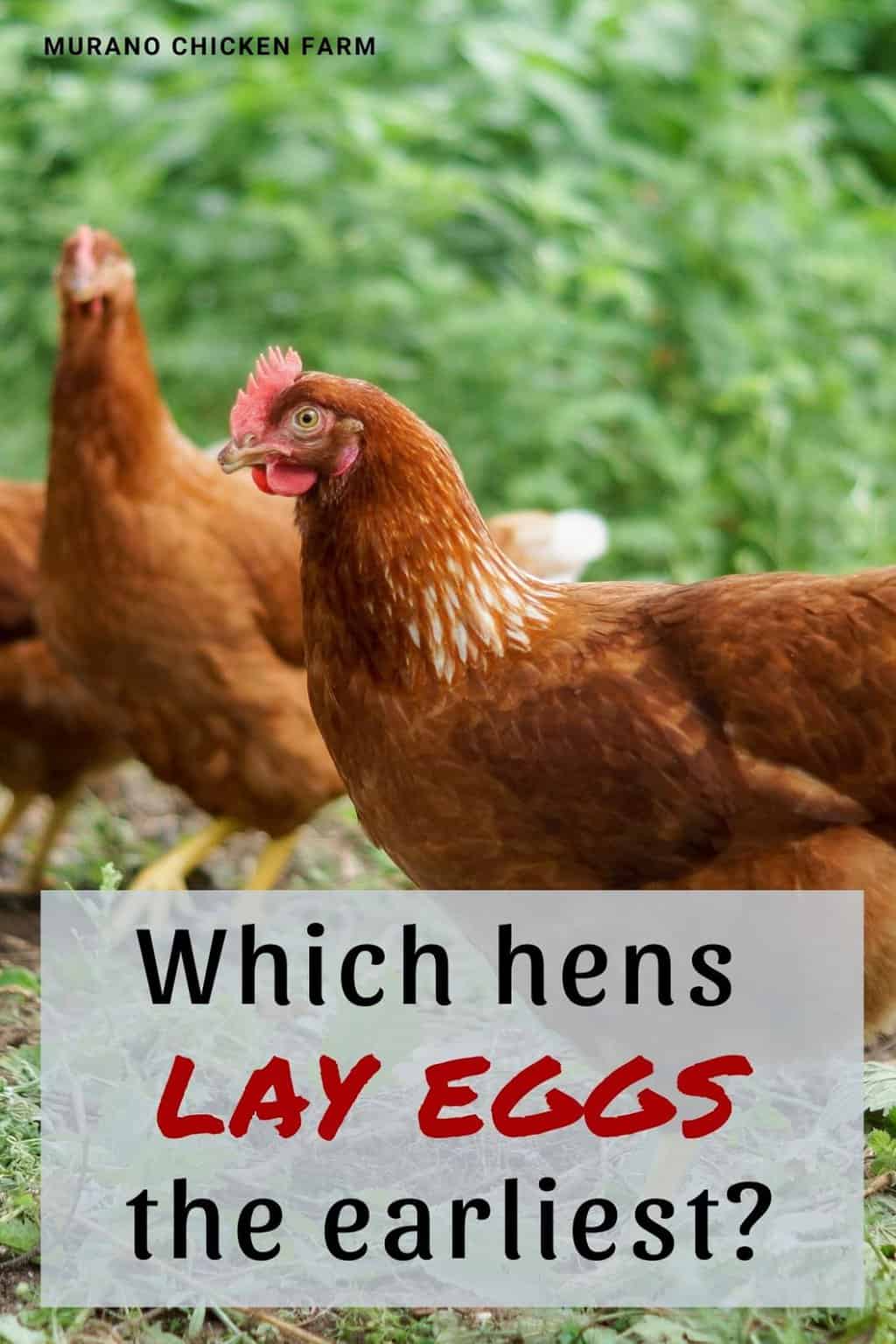
When it comes to chicken husbandry, it is essential to understand when chickens lay their eggs. In general, most chickens will start to lay eggs at around 20 weeks of age. It is important to note that this can vary greatly depending on the breed and individual chicken. Different chicken breeds can take anywhere from 16 to 24 weeks to start laying eggs.
Once a chicken reaches 20 weeks of age, it will start to lay eggs every 24-26 hours. A chicken will usually lay an egg each morning and sometimes in the afternoon as well. On average, a chicken will lay about 5 eggs per week.
It is important to note that a chicken will not lay its first egg until it is physically mature enough to do so. This means that the chicken needs to be given enough time to develop its reproductive organs and lay its first egg. It is also important to understand that some chickens may not begin laying eggs until they are much older.
When it comes to determining when a pullet will lay its first egg, it is important to understand that pullets will usually begin laying eggs between 16-24 weeks of age. However, it is important to remember that individual chickens can vary greatly. Some pullets may start to lay eggs as early as 12 weeks of age, while others may take up to 32 weeks of age to lay their first egg.
In conclusion, understanding when a chicken will lay its first egg is an important part of chicken husbandry. Generally, chickens will start to lay eggs at 20 weeks of age, but this can vary greatly depending on the breed and individual chicken. Pullets will usually begin laying eggs between 16-24 weeks of age, but this can also vary greatly.
Chicken Laying First Egg
Pullets start laying eggs when they reach the right age and size, usually between 16 and 20 weeks old. Depending on the breed, some pullets may lay earlier or later. Before laying their first egg, pullets can show physical signs of maturity, such as a larger comb and longer tail feathers.
- How long before chickens lay eggs: 16 – 20 weeks
- How long until chickens lay eggs: 16 – 20 weeks
- When do chickens lay eggs: 16 – 20 weeks
- How old do chickens have to be to lay eggs: 16 – 20 weeks
- How old are chickens when they start laying: 16 – 20 weeks
- When do chickens lay their eggs: 16 – 20 weeks
- Chicken laying first egg: 16 – 20 weeks
Signs that a pullet is close to laying her first egg include increased activity, a change in behavior, and increased vocalization. When a pullet is ready to lay her first egg, she will often go through a “practice run” where she behaves as if she is laying an egg, but nothing is produced. The first egg itself may be small and oddly shaped. After the first egg is laid, egg production should increase and the pullets should begin laying eggs more regularly.
Frequently Asked Questions
What is a Pullet?
- Pullet is the term used for a young female chicken, usually from the age of 4-20 weeks.
- Pullets have not yet begun to lay eggs and usually do not produce eggs until they are between 16-20 weeks old.
- Pullets are usually larger than cockerels (male chickens) and have a rounded, plump body as opposed to the angular body of the cockerel.
- Pullets also have a more upright posture than cockerels.
- The colour of a pullet’s feathers depends on the breed of chicken, but most commonly they are a light brown.
- Pullets are less aggressive than cockerels and are better suited to living in close quarters with other chickens.
How Does Chicken Husbandry Affect Pullet Egg Production?
The practice of chicken husbandry plays a major role in the production of pullet eggs. Good husbandry practices ensure that the birds are healthy and have optimal conditions for laying eggs. Providing access to high-quality feed, adequate housing, and regular health checks are essential for maximizing pullet egg production. Additionally, providing the birds with ample space, cleanliness, and a stress-free environment help ensure that they remain healthy and lay plenty of eggs.
What is the Egg Production Cycle of a Pullet?
Pullets typically start to lay eggs when they are between 18 and 24 weeks old. Once they start laying eggs, they will lay an egg every day or two, with occasional skipped days. Pullets will lay eggs most consistently for the first two years of their life, after which egg production tends to slow. Egg production is affected by genetics, age, nutrition, health, and environmental conditions. It is important to maintain good husbandry practices in order to keep pullets healthy and productive.
How Can Pullets Be Encouraged To Lay Eggs?
- Provide Enough Light: Provide enough natural light or artificial light to stimulate egg production.
- Maintain Proper Nutrition: Ensure that the diet contains enough protein, calcium, vitamins, and minerals.
- Keep Stress Levels Low: Create a comfortable, low-stress environment for the pullets.
- Provide a Nesting Box: Install nesting boxes in the pullet’s enclosure, allowing them to lay eggs in a safe and secure location.
- Provide Enough Room: Make sure that the pullets have enough space to move around and interact with each other.
- Encourage Exercise: Provide the pullets with an adequate amount of exercise to keep them healthy and active.
What are the best practices for chicken husbandry in relation to pullets?
Feed and Nutrition:
- Provide a balanced diet with a high-quality protein source.
- Ensure the feed is free of toxins, mold, and pesticides.
- Provide grit and oyster shells for calcium.
- Provide fresh water at all times.
Housing:
- Keep the housing area dry and clean.
- Provide plenty of space for the pullets to move around.
- Provide adequate ventilation to reduce humidity and prevent the spread of disease.
- Provide nesting boxes for the pullets to lay eggs in.
Health Care:
- Ensure pullets are free of lice, mites, and other parasites.
- Vaccinate the pullets against common poultry diseases.
- Provide supplemental light to stimulate the laying cycle.
- Ensure the pullets are given access to dust baths.
Conclusion
The practice of chicken husbandry involves a variety of strategies to maximize egg production, including the use of pullets. Pullets are young hens that are not yet sexually mature, and are usually used in the practice of chicken husbandry to increase egg production. Pullets do not begin laying eggs until they reach sexual maturity, usually at around 16 weeks of age. Taking advantage of pullets’ high egg-laying potential can help poultry farmers to increase their egg production and maximize their profits.
